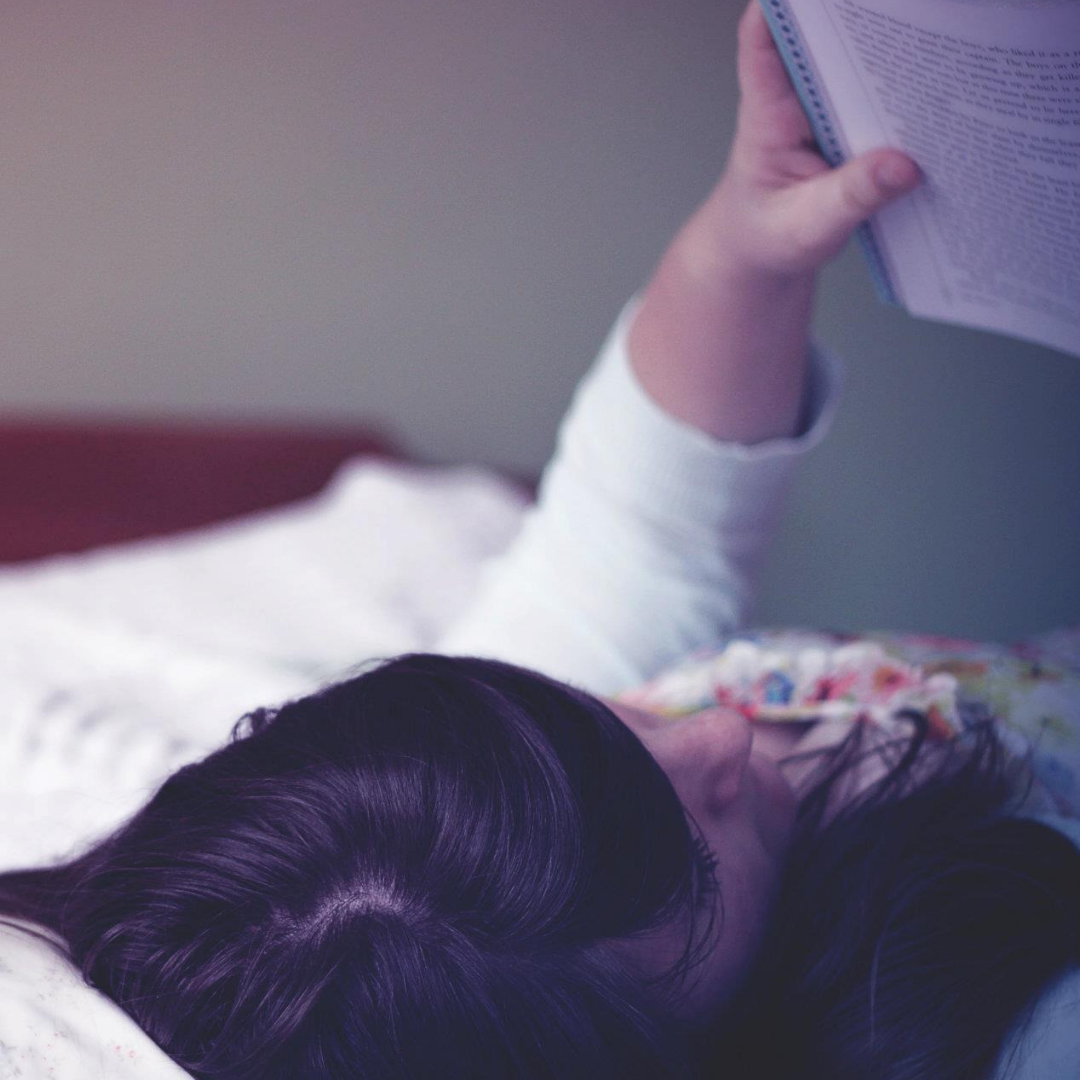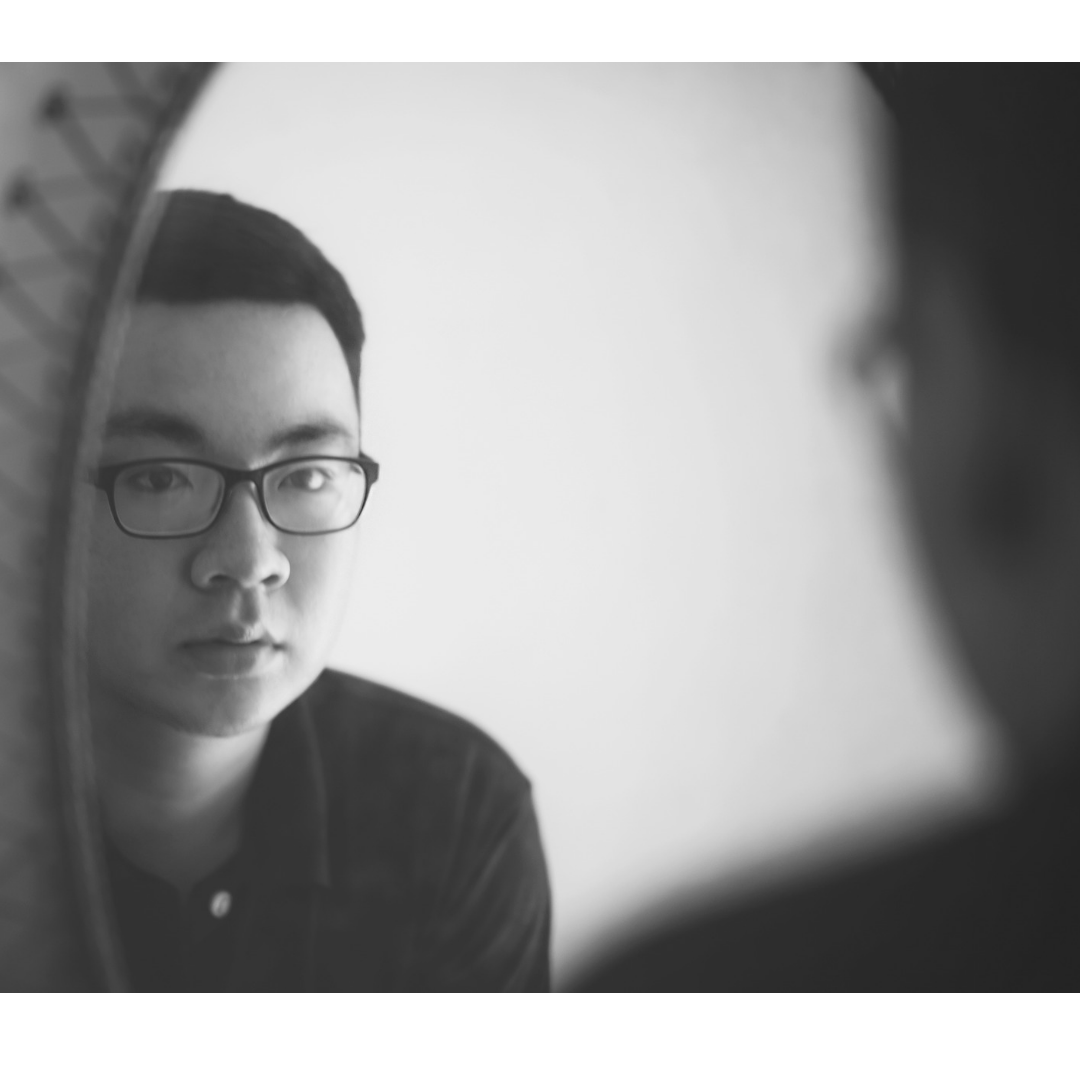As a reader, a teacher of literature, and a writer, next to character, conflict is the most critical element of literature. Conflict, the problem which the main character must overcome, is what drives the story from beginning to end. The conflict is that which makes the audience cheer or jeer. It is what keep us opening the book and reading into the wee hours of the morning. Conflict is what builds tension and explores the very essence of our own psyche. Haven’t you ever thought: what would I do in that situation?
A good book has a clear, relatable and exciting conflict. It’s what keeps us reading.
Without conflict, the plot line flattens out. In a previous blog, I explored the difference between a character-driven story and a plot-driven one, and would say that regardless of how the story is driven, conflict is still present and necessary. A plot line in either case is still essential to move narrative from beginning to end, and is only able to occur because conflict is present.
The types of conflict we find in stories are categorized as follows:
Character (protagonist) versus Character (antagonist)
Character versus Character is the tried and true conflict of one person against another (or a few others). Think: Harry versus Voldemort, Luke versus Darth Vader, Katniss Everdeen against President Snow.
The typical conflict: one character versus another.
Character versus Society
Character versus society is the exploration of a character’s conflict with the ideals or constructs of the society in which their journey takes place. For example, while Katniss Everdeen is pitted against the power struggle with President Snow (The Hunger Games by Suzanne Collins), the conflict also delves into what President Snow and District One represent (opulence and classism, abuse of power, etc). Or in Harry Potter’s journey in the The Order of The Phoenix, the character versus character is maintained with his conflict with Voldemort, but there is added complexity in the struggle against the Ministry of Magic which include fascism, racism, and abuse of power. A favorite example, The Great Gatsby by F. Scott Fitzgerald and Nick’s descent in the high society of 1920’s New York. These society constructs force the character to take a stand or change perspective which stretch the tension and develop the conflict.
Character versus Nature
Character versus nature is the survival story. This is the main character facing the destruction of a natural disaster, hunger in a famine, or being lost in the woods and finding a way to survive the long winter. Think: Gary Paulsen’s Hatchet or The Mountain Between Us by Charles Martin.
Elements of nature provide conflict.
Character versus Self
Character versus self is the tried and true struggle to overcome personal attitudes and perceptions. In Sherman Alexie’s The Absolutely True Diary of a Part-Time Indian, for example, Junior must face his perceptions about himself as a Native American to determine his worth.
Though this isn’t strictly character versus self, I would argue that many novels don’t adhere to only one conflict which is a mirror to the reality of our own human experience. We struggle with ourselves, but simultaneously we struggle with our boss, or our spouse, or our parents, or our children, and at the same time with what we hear is happening on the news. Conflict in our lives doesn’t happen in isolation and often doesn’t for our characters either. In To Kill a Mockingbird by Harper Lee, Scout struggles with societal perceptions about race and gender (character versus society) while at the same time learning about her own understanding of those things (character versus self). In a recent story I read called I am Still Alive by Kate Alice Marshall, the main character faces her inner conflict coping with a new disability after an accident while trying to survive alone in the wild, AND eventually facing off with her father’s murderers. Three conflicts layered into the hero’s journey of this character (believe it or not, it worked!)
The internal struggle is the epitome of character versus self.
If you examine your current Work In Progress or the novel you’re currently reading, can you identify the conflict? I’m reading Cassandra Clare’s Queen of Air and Darkness and I’m not sure I can at 200 pages of 800 . . . there’s a lot going on (and I might want to throw the book at the wall) but more on that later..




